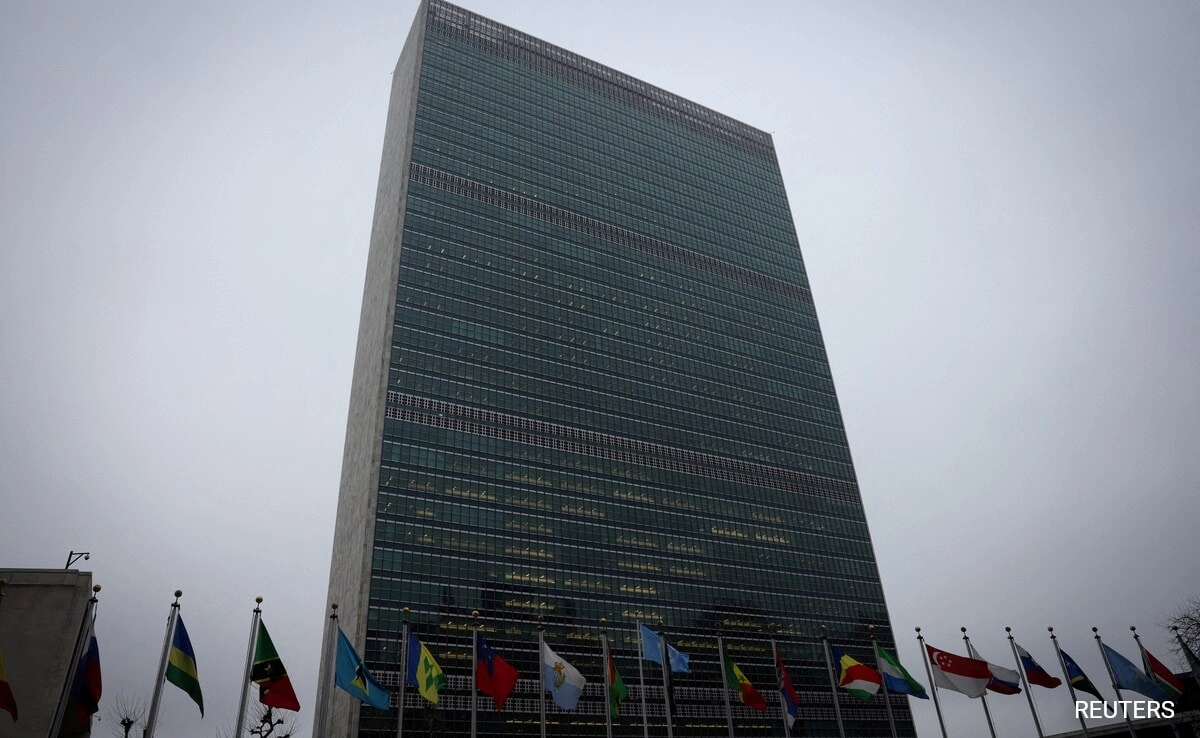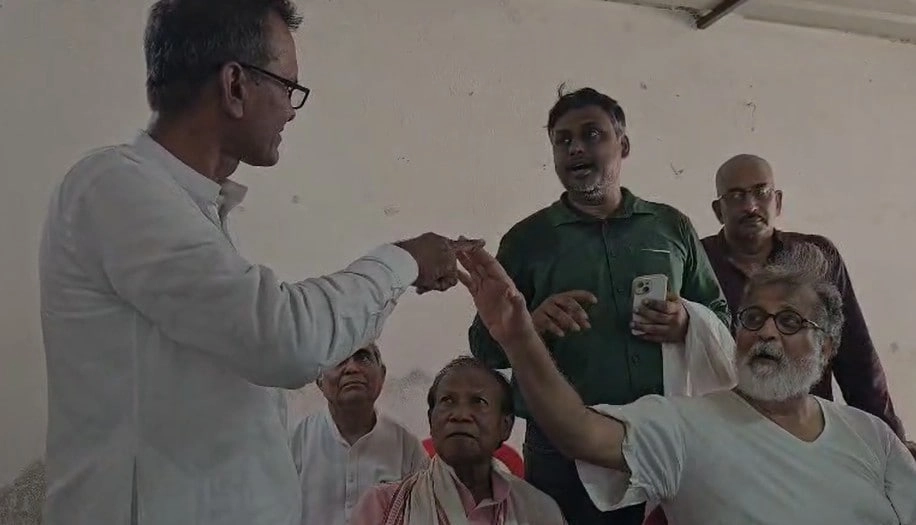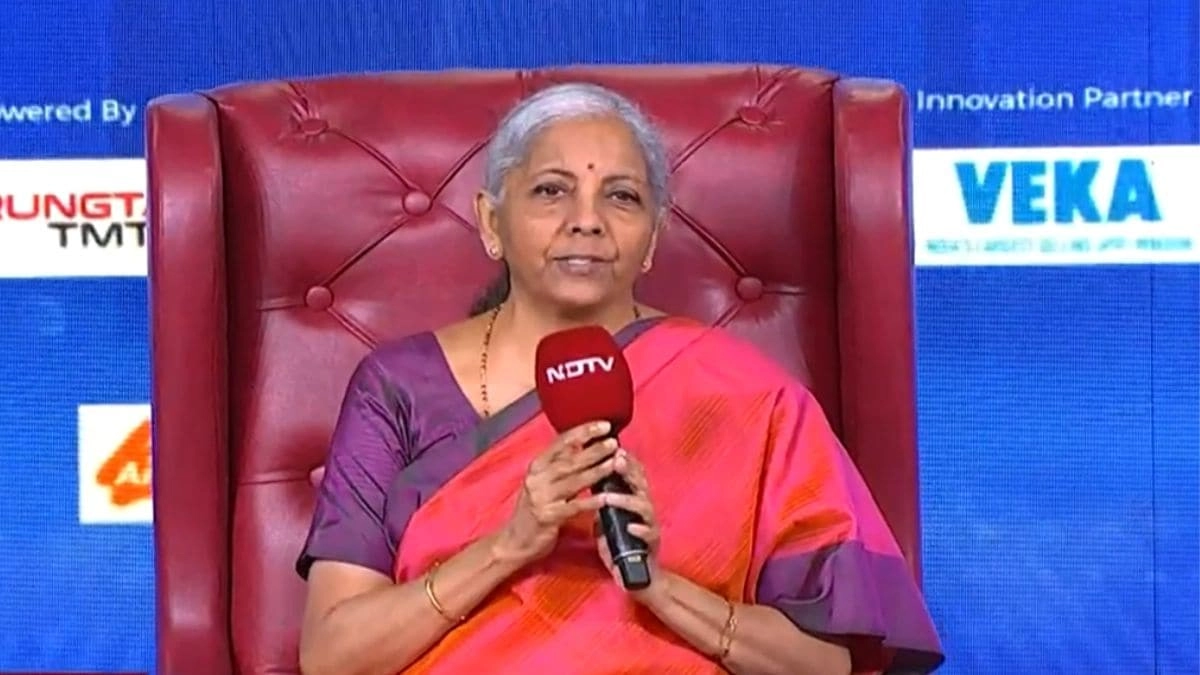India has recently taken a strong stance against Switzerland’s comments regarding minority rights, emphasizing the importance of addressing issues like racism and xenophobia. The remarks made by Swiss officials highlighted concerns about India’s treatment of its minority populations, which prompted a pointed response from the Indian government. Officials articulated that such comments were not only unwarranted but also overshadowed the pressing need for international cooperation in combating racism and xenophobia that exist globally.
In its response, India underscored that no nation is immune to issues related to discrimination and prejudice, asserting that it is crucial for countries to focus on their internal challenges rather than casting aspersions on others. The Indian government described the Swiss comments as indicative of a misunderstanding of the complexities of Indian society, which is characterized by a rich tapestry of cultures, languages, and religions. By highlighting its own struggles and advancements in minority rights, India sought to redirect the conversation towards collaborative efforts to address discrimination and promote inclusivity.
Moreover, the Indian response pointed out that Switzerland itself has faced criticism for its treatment of minority groups, including issues related to integration and social cohesion. This reciprocal critique served to remind Switzerland of the universal nature of these challenges, stressing that no country is perfect. Instead of offering unsolicited judgments, India proposed that nations engage in constructive dialogue that acknowledges their respective issues and fosters mutual understanding.
This exchange between India and Switzerland not only reflects the delicate balance of international relations but also highlights the need for global solidarity in tackling racism and xenophobia. By addressing these issues collaboratively, countries can create frameworks for better understanding and appreciation of diversity, learning from each other’s experiences rather than resorting to criticism. In an increasingly interconnected world, it is imperative for nations to unite against discrimination in all its forms, promoting a culture of respect and empathy among diverse populations.




